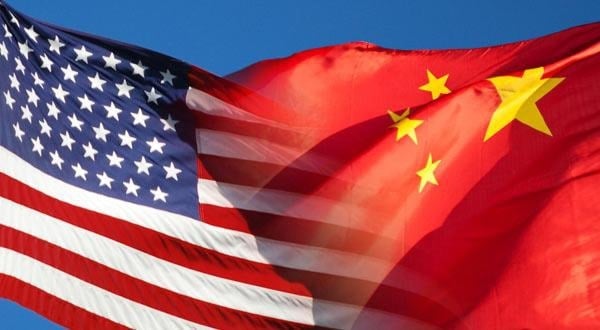
What’s Happening To The Home Computer?
March 19, 2014
China Hypocritically Wants the US to Stop Spying on Them
March 24, 2014The Constitution of the Internet–signed by cats and pictures of food…
Things are picking up in Brazil, and not because Carnaval is popping off. This week, Brazil’s Congress is going to vote on what is known as the Constitution of the Internet, something that could completely change the way the Internet is operated inside the South American country.
Brazil’s Constitution of the Internet

This is some big time stuff, folks. Essentially, the bill covers three areas: net neutrality, freedom of expression and Internet security; you know, the big three. The biggest issue—and the one with the most implications behind it—is the net neutrality provisions inside the bill. The bill wants to make sure that telecommunication providers and ISPs cannot limit access to sites, services and other basic Internet things that most of us enjoy regularly. The connection has been made to cable TV providers who offer different packages with different channels available based on how much you pay—an absolutely ridiculous idea, because the Internet is a total free thing that everyone should be able to enjoy.
The biggest opponent to the net neutrality provision, and the whole Constitution of the Internet itself, is Congressman Eduardo Cunha, a former president of one of Brazil’s largest telecommunications providers, and current lobbyist for the major telco providers now. He seems like a good dude and totally not biased.
I applaud Brazil for wanting to set up a Constitution of the Internet—it allows them to set up the basic rights of use, as well as keeping corporations out and allowing Brazilians to use the Internet without limited access. This could be a landmark move in net neutrality and how the Internet will be used, not only in Brazil, but also the world over. With the recent merger between Comcast and Time Warner Cable, as well as the FCC’s net neutrality revisions and court rulings, Brazil’s decision on the Constitution of the Internet could have implications in the US and provide a precedent for how a bill should be crafted in regards to ISPs and using the Internet.